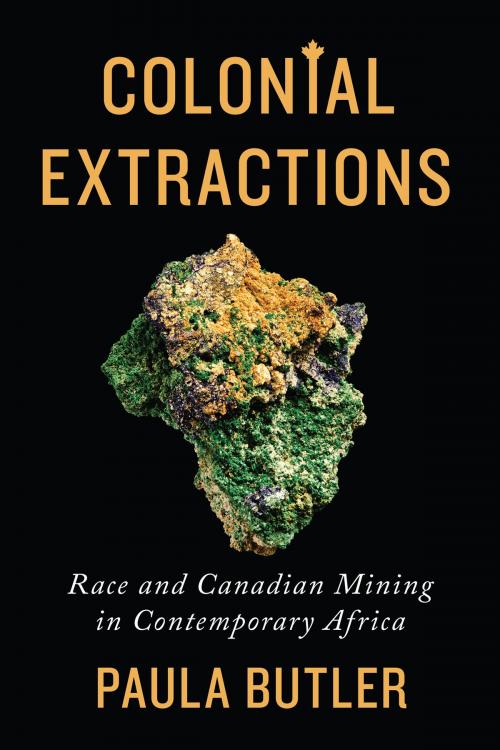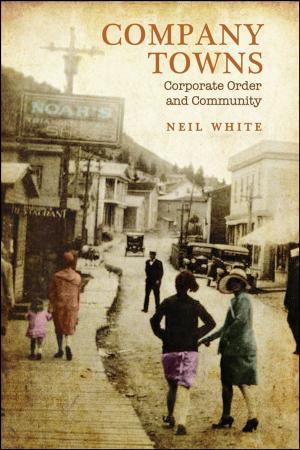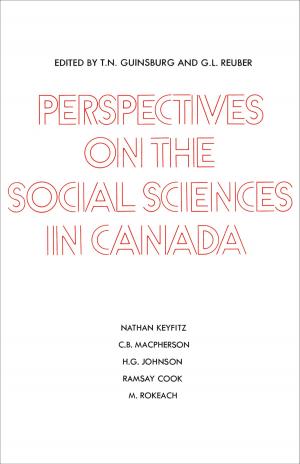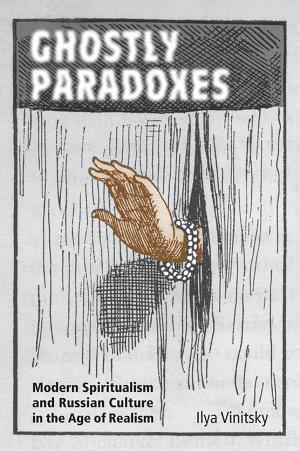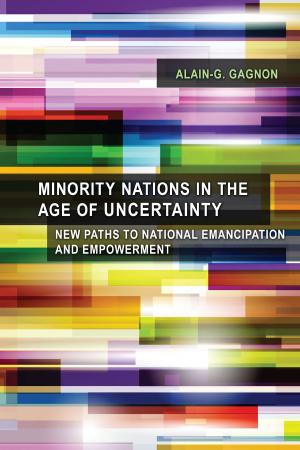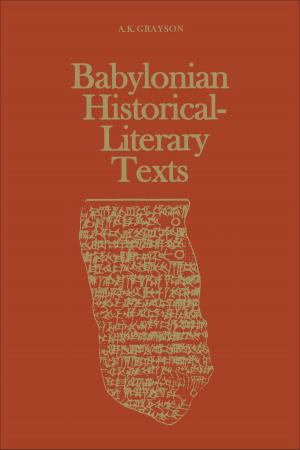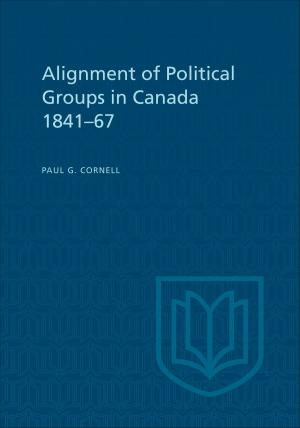Colonial Extractions
Race and Canadian Mining in Contemporary Africa
Nonfiction, Social & Cultural Studies, Political Science, International, Social Science, Sociology, Business & Finance| Author: | Paula Butler | ISBN: | 9781442619968 |
| Publisher: | University of Toronto Press, Scholarly Publishing Division | Publication: | May 27, 2015 |
| Imprint: | Language: | English |
| Author: | Paula Butler |
| ISBN: | 9781442619968 |
| Publisher: | University of Toronto Press, Scholarly Publishing Division |
| Publication: | May 27, 2015 |
| Imprint: | |
| Language: | English |
Challenging Canada’s image as a humane, enlightened global actor, Colonial Extractions examines the troubling racial logic that underpins Canadian mining operations in several African countries. Drawing on colonial, postcolonial, and critical race theory, Paula Butler investigates Canadian mining activities and the discourses which serve to legitimate this work.
Through a series of interviews with senior personnel of businesses with mining operations in Africa, Butler identifies a continuation of the same colonialist mindset that saw resource ownership and racial dominance over Indigenous peoples in Canada as part of Canada’s nation-building project. Financially, culturally, and psychologically, Canadians are invested in extracting resource-based wealth in the Global South, and – as Butler’s analysis of Canada’s influence over South Africa’s first post-apartheid mining legislation shows – they look to legitimize that extraction through neoliberal legal frameworks and a powerful national myth of benevolence.
Complementing analyses of the industry through political economy or critical development studies, Colonial Extractions is a powerful and unsettling critique of the cultural dimension of Canada’s mining industry overseas.
Challenging Canada’s image as a humane, enlightened global actor, Colonial Extractions examines the troubling racial logic that underpins Canadian mining operations in several African countries. Drawing on colonial, postcolonial, and critical race theory, Paula Butler investigates Canadian mining activities and the discourses which serve to legitimate this work.
Through a series of interviews with senior personnel of businesses with mining operations in Africa, Butler identifies a continuation of the same colonialist mindset that saw resource ownership and racial dominance over Indigenous peoples in Canada as part of Canada’s nation-building project. Financially, culturally, and psychologically, Canadians are invested in extracting resource-based wealth in the Global South, and – as Butler’s analysis of Canada’s influence over South Africa’s first post-apartheid mining legislation shows – they look to legitimize that extraction through neoliberal legal frameworks and a powerful national myth of benevolence.
Complementing analyses of the industry through political economy or critical development studies, Colonial Extractions is a powerful and unsettling critique of the cultural dimension of Canada’s mining industry overseas.
